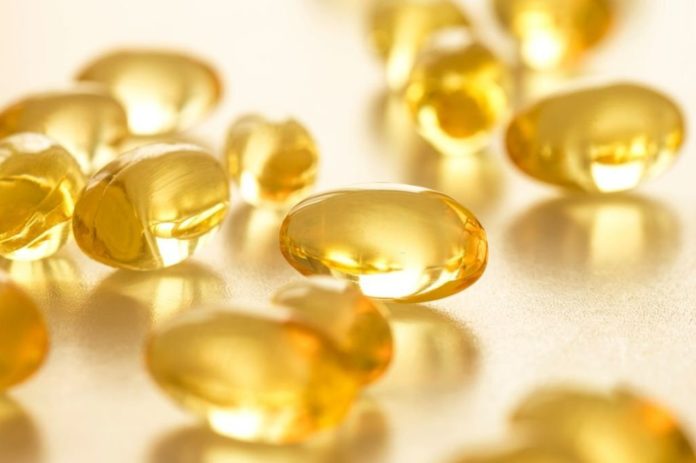New research reveals the mysterious link between vitamin D and long-COVID.
A small number of studies have suggested that vitamin D deficiency may play a key role in the severity of COVID-19 infections. However, no research on the prevalence of vitamin D deficiency in patients with long-COVID-19 is currently available.
In the present study, researchers evaluated the prevalence of vitamin D deficiency in patients with long-COVID-19 and the effect of vitamin D deficiency on persistent symptoms.
The study included individuals aged 18 and older who reported to the post-COVID-19 clinic at Assiut University Hospital for a COVID-19 follow-up program between November 2020 and May 2021. In the three months leading up to the program, eligible participants had a verified COVID-19 test result. This program assessed the patient’s clinical and functional state, sleep disorders, pulmonary functions, and rehabilitation needs, if any.
The researchers created a cross-sectional, single-center study and used the case record format of the post-COVID-19 out-patients clinic to collect data and medical records. Patients’ symptoms were divided into four categories: (1) constitutional symptoms such as myalgia, fever, arthralgia, tachycardia, restriction of daily activity, headache, excessive sweating, and dizziness; (2) respiratory symptoms such as sputum, cough, sore throat, chest pain, dyspnea, and rhinorrhea; (3) gastrointestinal tract (GIT) symptoms such as gastritis, diarrhea, abdominal pain, anorexia, and dysphag; and and (4) neuropsychiatric symptoms including sleeping problems, anosmia and/or ageusia, anxiety and/or depression, tinnitus, loss of concentration, memory loss, and peripheral neuropathy.
Patients who reported symptoms for one or more of the symptom categories were classified as positive. Symptom scores for acute and posy-COVID-19 symptoms were also analyzed to measure symptom severity.
The researchers also looked at serum urea, calcium, ferritin, creatinine, and c-reactive protein levels (CRP). An enzyme-linked immunosorbent assay (ELISA) was used to determine the level of 25-hydroxy vitamin D in the serological samples. Normal serum 25-hydroxy vitamin D levels were classified as 30 ng/ml or higher, whereas insufficient serum levels were defined as 20 ng/ml to 30 ng/ml.
Considering the patient demographics, medical data, and concomitant comorbidities, the study found no statistically significant difference between acute and post-COVID-19 symptoms with normal, inadequate, and deficient vitamin D levels. The CRP values for serum samples with normal and low levels of vitamin D were 5.0±3 and 6.2±0.4, respectively, as were serum calcium levels of 8.6±1.8 and 8.4±2.1, serum ferritin levels of 113.6±50 and 151±138.3, serum urea levels of 67.2±54 and 69.4±75.0, and creatinine levels of 1.6±1.0 and 5.2±1.5.
There was no significant link between vitamin deficiency and post-COVID-19 symptoms, according to the findings. Furthermore, the pathogenesis of COVID-19 symptoms was discovered to be more complex than previously thought.
More research is needed, according to the researchers, to determine the role and impact of vitamin D supplementation in boosting COVID-19 results.
Image Credit: Getty
You were reading: Can Vitamin D Protect You Against Long-COVID Symptoms? A New Study Weighs In
